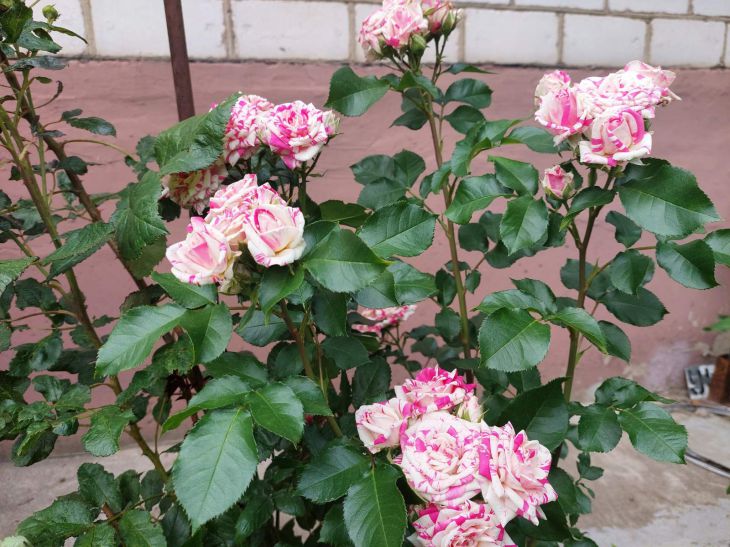When you buy roses to plant in your garden, it is often tempting to buy cheaper plants and save a little money.
ADVICE.NEWS warns: There are several reasons why buying cheap rose plants may not be the best investment in your garden or landscaping project.
Let's find out more.
Quality
Cheap rose plants are often produced in large quantities, which results in quantity being put above quality.
These plants may not be as healthy or vigorous as their more expensive counterparts, and they may have been grown in less than ideal conditions.

Problems with diseases and pests
Cheap plants may be more susceptible to diseases and pest infestations due to lack of care during their growth.
Infected or weakened plants can quickly spread problems to other plants in your garden.
Limited varieties
Higher quality rose nurseries offer a wider selection of rose varieties, including those with better disease resistance, unique colors, and captivating fragrance.
In the pursuit of cheapness, you will certainly encounter such a nuisance as limited choice, due to which you may miss out on more desirable varieties.
Longevity
Roses are long-lived plants, and investing in higher quality plants will ensure that you have healthier, stronger roses for years to come.
Cheaper plants may have a shorter "lifespan," requiring you to repot more frequently, which can be expensive in the long run.
Poor root system
Cheap plants may have poorly developed root systems, making them difficult to plant in your garden.
A strong, healthy root system is essential to the long-term health and survival of your rose.
Inaccurate labels
In some cases, cheap rose plants may not be accurately labeled, meaning you may receive a different variety of rose than what was advertised.








